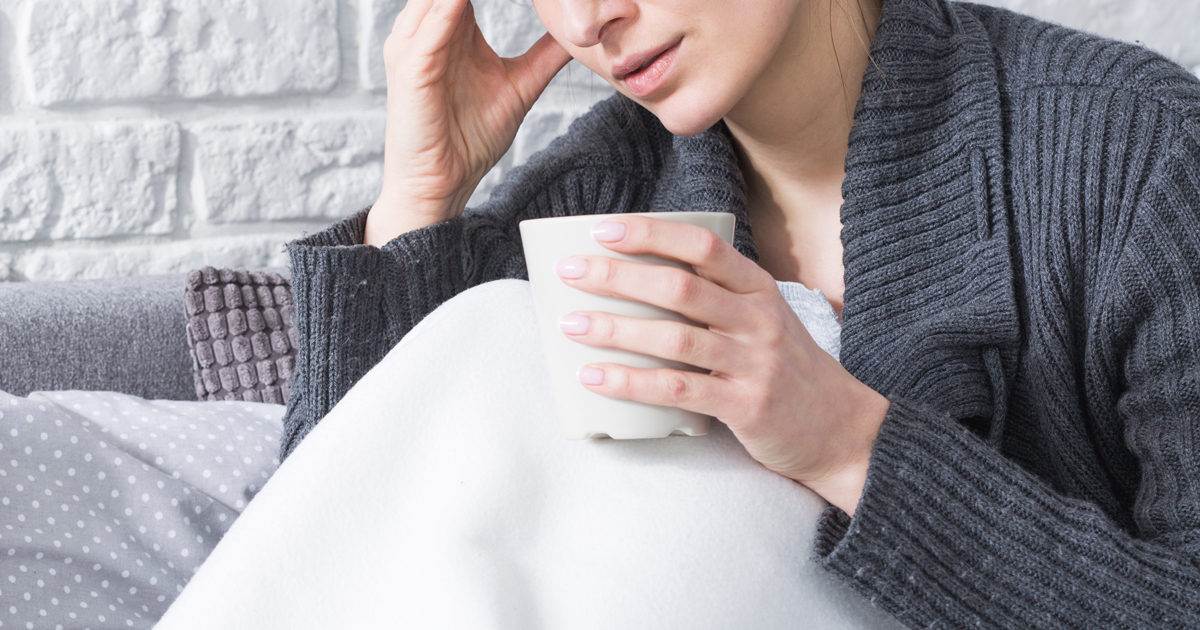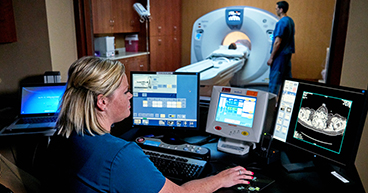
With a particularly nasty cold and flu season still gripping much of the nation, many people are taking extra steps to avoid getting sick. For many cancer patients, such precautions aren’t merely a seasonal consideration, but a constant reality, because catching an infection is more than a minor inconvenience—it could have serious implications for their health and treatment schedule. Experts recommend that patients protect themselves by taking certain precautions, many of which may make for some socially awkward moments, like declining a handshake at a business meeting or wearing a mask at the grocery store. But there are ways to manage both your health and your social relationships, and it often starts with a healthy dose of information—like telling friends, co-workers and loved ones that you have to take pains to avoid illnesses, and why.
“ A cancer patient's infection-fighting capabilities are not the same as those of a normal individual. Infections in cancer patients are serious, and protecting yourself is critical.” - Mashiul Chowhury, MD - Chief of the Division of Infectious Disease at CTCA
Certain cancer treatments weaken patients’ immune system, making them more vulnerable than the average person to getting sick, whether it’s from contaminated food, germs spread through the air, or viruses on unclean surfaces. Practicing healthy hand hygiene is the first step in protecting yourself, because many infections are spread by touching dirty surfaces, Dr. Chowdhury says. See other tips below for protecting yourself during common social scenarios:
Running errands
In their day-to-day lives, cancer patients are often in public places, touching tables, chairs, doors and doorknobs contaminated with other people’s germs. “That’s why cancer patients need to be very careful about what they do each day,” Dr. Chowdhury says. “It’s very easy to catch germs in public areas.”
He advises patients to avoid crowded places, like malls, grocery stores, airports, public swimming pools and restrooms, if possible. If you must go out in public, wash your hands often and use hand sanitizer if you don’t have a sink nearby. Dr. Chowdhury also recommends wearing a mask to protect yourself from airborne bacteria.
At work
When you have cancer, you may need to take time off work for appointments and treatments, so it’s often necessary to tell a supervisor or someone in human resources that you’re undergoing medical treatment. But it’s up to you whether and how much you choose to tell your co-workers or employer about your diagnosis. If you do decide to open up, you have options, such as sharing your news in an e-mail, during a meeting or one-on-one.
Also, be deliberate about protecting yourself at the office. Consider bringing hand sanitizer with you to meetings, and avoid co-workers who exhibit signs that they may be coming down with a bug. Telling those at work about your diagnosis may help open up those lines of communication, letting co-workers know they should take certain precautions, like staying home when they’re sick, to avoid spreading germs.
At your place of worship
Because many religious settings are social in nature—involving, say, hugging, shaking hands or standing close to fellow parishioners—cancer patients may struggle with whether they should attend services. But Rev. Percy McCray, Director of Faith-Based Programs at Cancer Treatment Centers of America® (CTCA), cautions patients not to let cancer get in the way of their faith. Because avoiding illnesses is of paramount importance, each patient should decide what makes the most sense for his or her situation. “There are emotional and physical aspects to each individual’s decision,” he says. “Some people may feel more comfortable not attending social worship. Others may feel comfortable only if they wear a mask and explain to those around them that they have cancer. Still others may prefer to not share that personal information at all and simply refrain from contact with others.”
If you feel more comfortable avoiding social worship, consider asking members of the congregation to pray for you in your absence, or the leader of the congregation to visit you at home or at the hospital so you may still feel connected to your faith during treatment.
At a friend's house
After a cancer diagnosis, many patients make a conscious decision about whether to tell more casual acquaintances at social gatherings about their diagnosis. Whether you choose to share your diagnosis or not, consider bringing your own dish to parties and other food-based outings, says Carolyn Lammersfeld, Vice President of Integrative Medicine at CTCA®. That’s important, not only because you may have to follow a certain diet, but also because it may be the only way to know that the food has been safely prepared and kept at appropriate temperatures, which is important in preventing food-borne illnesses. “Especially during this time of year, when the flu and colds are rampant, it’s critical to protect yourself as much as possible from illnesses that could derail your treatment,” Lammersfeld says.
It’s also important to make sure you and your loved ones get the flu shot, and, if anyone close to you does come down with the flu, to keep your distance. In cancer patients, the flu can quickly become severe, Dr. Chowdhury says. If you are exposed to the flu during treatment, ask your doctor whether you should take an antiviral medication to reduce your risk of getting sick.


